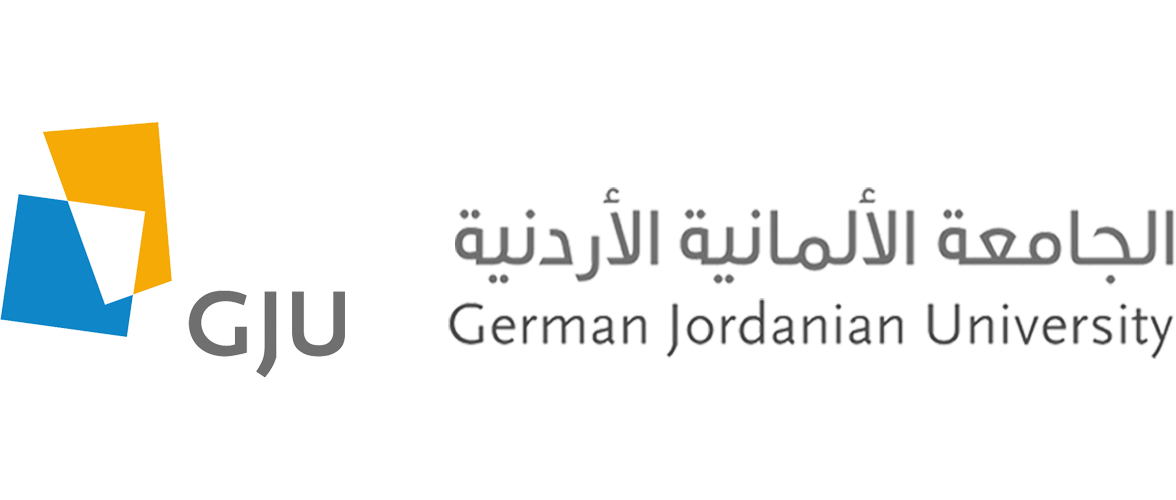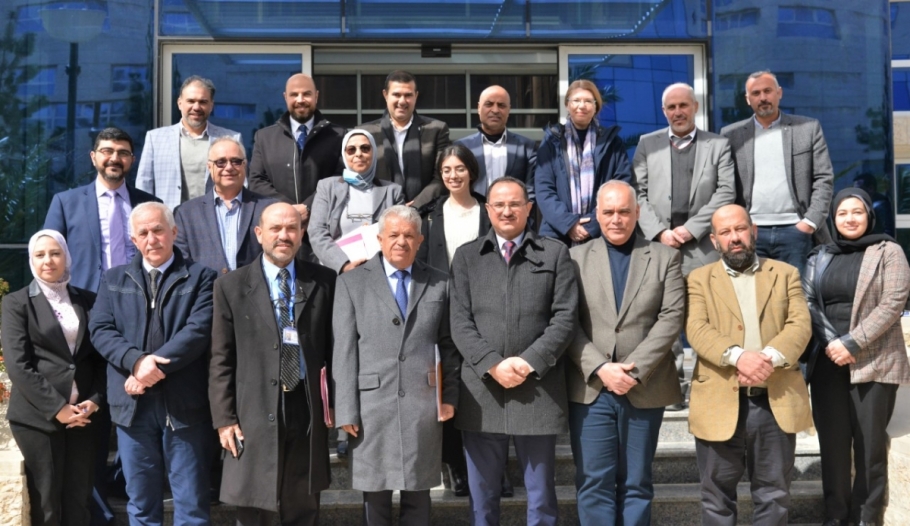The Center for the Study of Natural and Cultural Heritage (CSNACH) and the School of Natural Resources Engineering and Management (SNREM) at the German Jordanian University (GJU), with the participation of the Royal Hashemite Court, the Department of Antiquities, the Hashemite University, Yarmouk University, the National Agricultural Research Center (NARC), as well as experts and international donors and representatives of the local community, organized this workshop on the 17th of March 2022.
- Brief
Studying the Northeastern Baida workshop was initiated based on the directives of his majesty King Abdulla II Ibn Al Hussein to support the local community by developing various sectors in northern Badia, evaluating and coordinating efforts in the area, encouraging investment and implementing projects that benefit the local community, especially in water, agriculture, education, and tourism.
This workshop aimed to build a partnership between civil society organizations, academic institutions, and the local community to develop the sites of the Jordanian Badia, which has recently begun to suffer from many challenges, such as a lack of resources, and population migration, in addition to the burden of Syrian refugees.
- Participation and Outcomes
“The University is an applied university that seeks to involve students in multiple projects on the ground and turn them into real projects, pointing out the need to exchange knowledge with all academic, international, and governmental institutions to support the local community.” Prof. Ala’aldeen Al-Halhouli - The President of GJU.
Moreover, he emphasized the importance of partnership among all institutions to deliver a product that would reflect positively on the local community.
The Director of Mafraq Antiquities, Imad Obeidat, pointed out that the Jordanian Badia regions are rich in unique archaeological sites that need the attention of tourism programs and that the General Department of Antiquities has begun cooperating with foreign experts with excavation and restoration work within several areas of the Badia.
The former President of Yarmouk University, Prof. Zeidan Kafafi, stressed the importance of supporting the Badia Research Center and providing it with expertise and competencies to be a specialized scientific and research center in the region in all aspects of ethnography, archaeology, geological, soil and others.
Additionally, the participants came out with recommendations, including forming three main groups in the tourism, water, and agriculture sectors to assess the current situation and prepare proposals to government agencies and donors to work on future projects in Badia that will reflect positively on local communities.
Academics from Yarmouk University, Hashemite University, and the National Center for Agricultural Research presented a summary of the research conducted on the environmental resources in the region. They noted possible areas for developing projects of a tourism or investment nature.
Representatives of the local community spoke about the challenges and the development needed in the region, appreciating the invitation to participate in the workshop and the chance to collaborate with decision-making centers.


